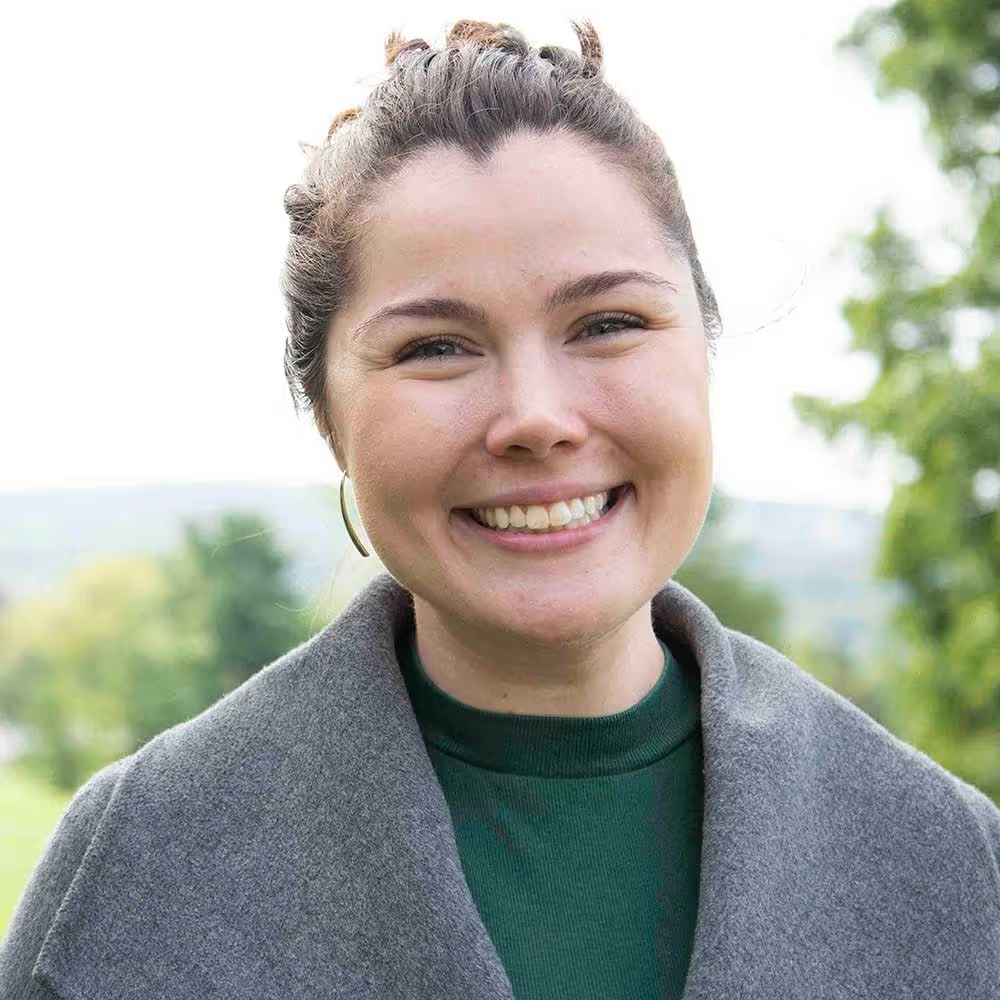This project seeks to shed light on the complex dynamic of welfare provision during the tumult of the last two decades in the U.S. First, we will create a new database tracking a comprehensive “basket” of welfare resources that were available at the state level over time, including traditional welfare programs, discretionary policies in response to crises, and the availability of credit. Using this data, we seek to explore several questions of interest to APE. How did state-level welfare coverage change over a period of time when there were two large collective crises: the foreclosure/financial crisis of 2007, and the COVID-19 crisis of 2020? Are certain states consistently more or less generous than others over time? Are there consistent covariates correlated with the depth of state-level social safety nets? For example, are they straightforwardly explained by partisanship, state capacity, or the severity of impact, or are these relationships more complex? In doing so, we hope to expand the lens from the national story of the U.S. welfare state to subnational variation, from traditional welfare programs to discretionary social policies and complementary/substitutive forms of credit, and from individualized risks in normal times to collective risks in crisis times. In addition, we seek to better address the determinants of inequality and precarity by addressing credit products that marginalized groups are more likely to use (such as payday loans), analyzing periods of crisis times (which disproportionately harm marginalized groups), and looking at additional discretionary support offered by states (which are most likely to flow to non-marginalized groups). We believe this research will contribute to new insights on what truly constitutes the American social safety net in the contemporary era.
Meet the Grantees

Grace Beals
Graduate student
|
Cornell University
Grace Beals is a graduate student in the Government department at Cornell University. She received a Master of Analytical Political Economy from Duke University in 2020. Her research highlights how credit and debt impact the political-economy broadly and is especially focused on problems of credit reliance for lower-income and marginalized groups.

Angie Jo
Graduate student
|
MIT
Angie Jo is a PhD candidate in Political Economy at MIT. Her research examines differences in how the welfare states of advanced industrialized democracies respond to collective crisis risks, such as COVID-19, the Financial Crisis, and natural disasters. She is particularly interested in how the institutional, political, and ideological constraints of Liberal welfare regimes shape the menu of state interventions that are available to them in times of crisis. Angie holds a Master of City Planning degree from MIT and an AB summa cum laude from Harvard in Architecture. She is a recipient of the Homer A. Burnell Presidential Graduate Fellowship at MIT and the Pierre Elliott Trudeau Doctoral Scholarship.


